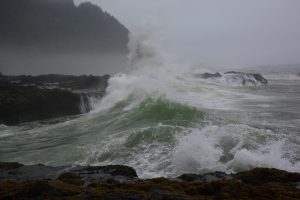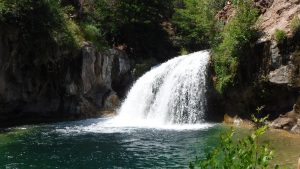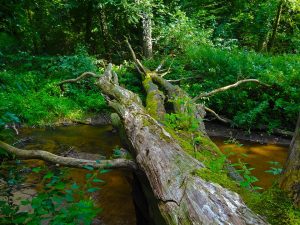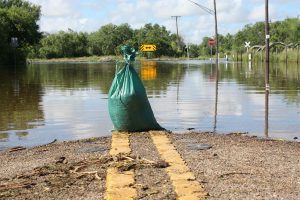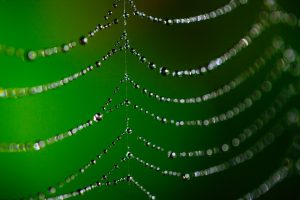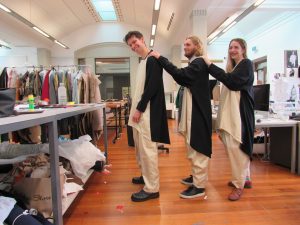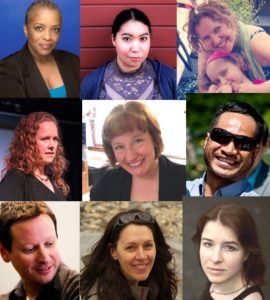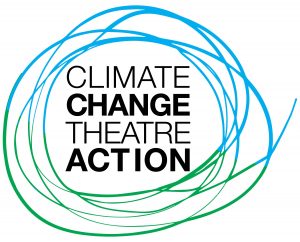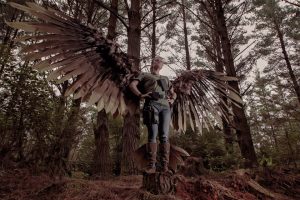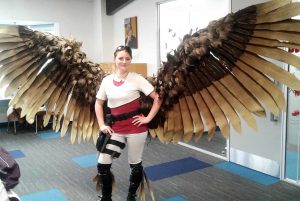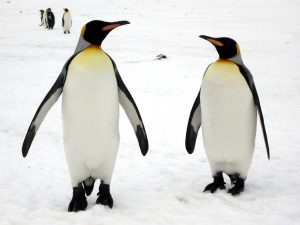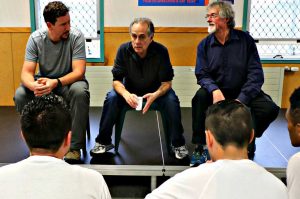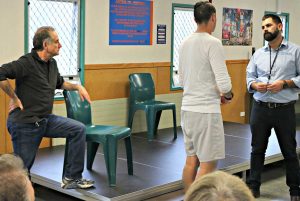“R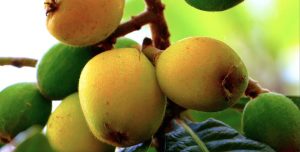 ecycling Worlds: A Collation of Works”
ecycling Worlds: A Collation of Works”
By Melanie Ferguson
Author’s note: “This piece deliberately enacts a recycling, by reusing and repurposing fragments of older works, that are fully referenced in footnotes. The words used are from four countries and three centuries, connecting ideas across time and space. All borrowings of material in this essay are limited to brief passages used for critical purposes, and are fully acknowledged in the references. I apologise in advance for any inadvertent infringements of copyright, which I will be happy to rectify as soon as they are brought to my attention.”
I stood in my garden pulling loquats off the tree and eating them to be full of spring[1]; a tree that may have spent further time as a house or classroom, or a bridge or pier. Or further time could be spent floating on the sea or river, or sucked into a swamp, or stopping a bank, or sprawled on a beach bleaching among the sand, stones and sun[2].
The train went on up the track out of sight, around one of the hills of burnt timber[3]. And further west on the upper reaches the place of the monstrous town was still marked ominously on the sky, a brooding gloom in sunshine, a lurid glare under the stars[4]. I said his heaven would be only half alive; and he said mine would be drunk; I said I should fall asleep in his; and he said he could not breathe in mine[5]. A ray peers into the room of your eye . . . . Why is our art so introverted? It doesn’t mean a thing – to the seagull or sun – the clouds don’t understand – a word – their language is silence[6]. His mouth opens. From inside him comes a slow stream, without breath, without interruption. It flows up through his body and out upon me… washing the cliffs and shores of the island, it runs northward and southward to the ends of the earth. Soft and cold, dark and unending, it beats against my eyelids, against the skin on my face[7]. And if several people talk at once an overlapping howling noise begins, echoes generate echoes[8]; our apparitions, the part of us which appears, are so momentary compared with the other, the unseen part of us, which spreads wide, the unseen might survive, be recovered somehow attached to this person or that, or even haunting certain places, after death. Perhaps – perhaps[9]; the tree, after a lifetime of fruiting, has, after its first death, a further fruiting at the hands of a master. This does not mean that the man is the master of the tree… He is master only of the skills that bring forward what was already waiting in the womb of the tree[10].The new things born there console or constellate they measure space they keep time. But who wrote this story? And before writing who told it to us that we tell it over and over? [11] With what ineffable pleasure have I not gazed – and gazed again, losing my breath through my eyes – my very soul diffused itself in the scene[12]; You are of me and I of you, I cannot tell – Where you leave off and I begin[13].
[1] Michele Leggott, “a woman, a rose, and what has it to do with her and they with one another?”, as far as I can see. Auckland: Auckland University Press, 1999.
[2] Patricia Grace, p. 7, Potiki. 1986. Auckland: Penguin, 2010.
[3] Ernest Hemingway, p. 133, “Big Two Hearted River: Part I.” In Out Time. 1925. New York: Macmillan, 2003.
[4] Joseph Conrad, p.5, Heart of Darkness. 1899. London: Penguin, 2007.
[5] Emily Bronte, p. 180, Wuthering Heights. 1847. Great Britain: Wordsworth Editions, 2000,
[6] Graham Lindsay, from “Cloud Silence” The Subject. 1994. Retrieved from NZEPC Oct. 5th, 2017.
[7] J.M. Coetzee, p. 157, Foe. 1986. London: Penguin, 2010.
[8] E.M. Forster, p. 137, A Passage to India. 1924. London: Penguin, 2010.
[9] Virginia Woolf, p. 129-30, Mrs Dalloway. 1925. Oxford: Oxford University Press, 2009.
[10] Patricia Grace, p. 7, Potiki. 1986. Auckland: Penguin, 2010.
[11] Michele Leggott, from the back cover of DIA. Auckland: Auckland University Press, 1994.
[12] Mary Wollstonecraft, p.72, Letters Written during a Short Residence in Sweden, Norway, and Denmark. 1796. Canada: Broadview Press, 2013.
[13] Susan Howe, Articulation of Sound Forms in Time. Windsor, VT: Awede, 1987.
